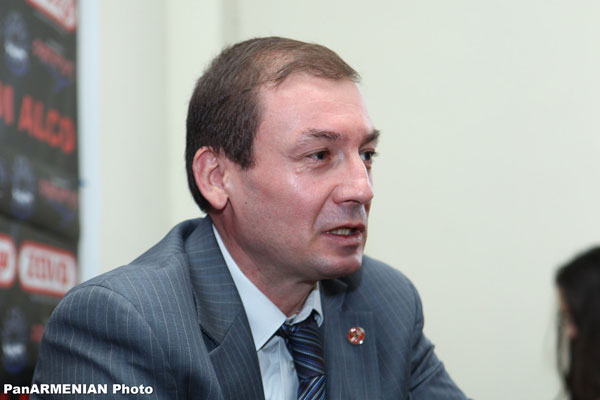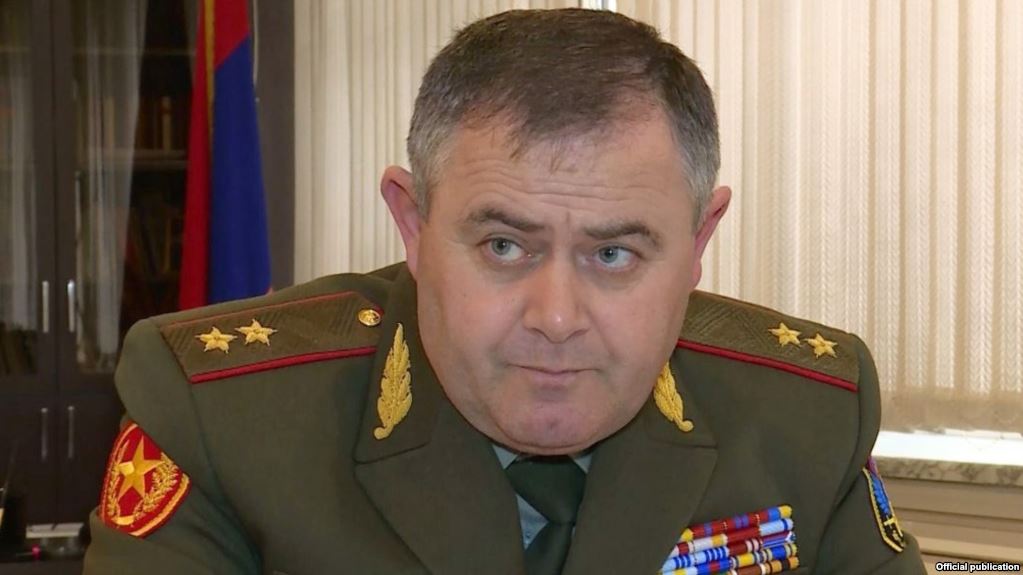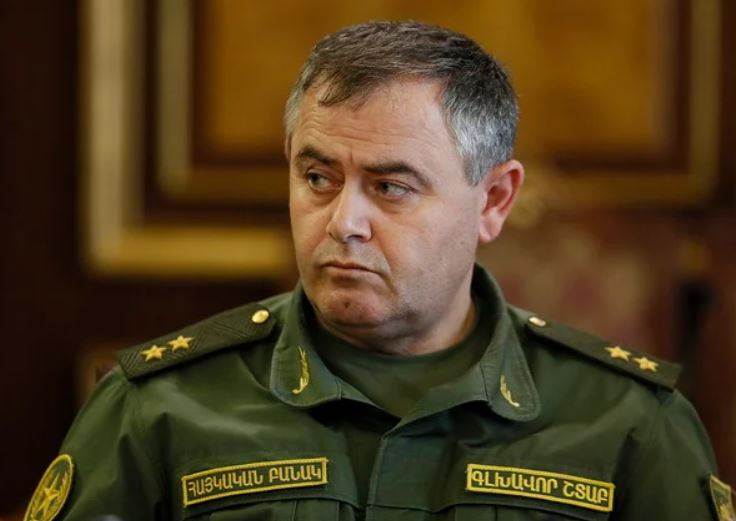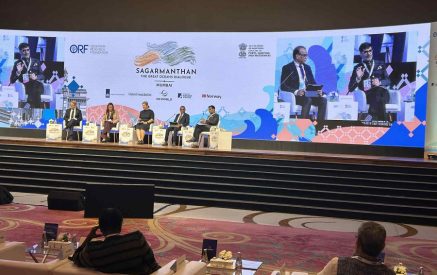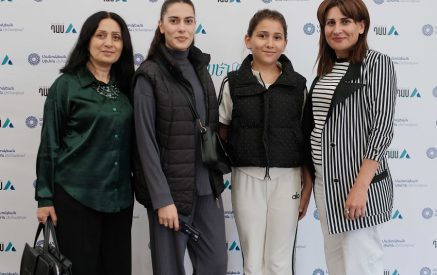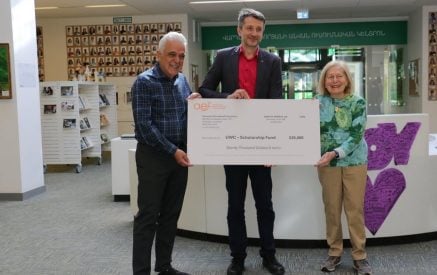According to Artak Davtyan, Chairman of NA Standing Committee on Science, Education, Culture, Sports and Youth Affairs, the authorities have no interest in taking on extra workload. Since December 2012 to July 2013, by the initiative of Open Society Fund-Armenia (WWF-Armenia), the Analytical Center for higher education of Central European University was invited to Armenia to conduct independent studies in the field of higher education. As a result of external studies, the excessive involvement of the authorities in the higher education sector was separated as one of the problems that our higher education sector encounters. “The state excessively interferes and controls the higher education system at all levels. The interest of Armenia’s political regime to the higher education sector is worthy of admiration, and theoretically it can bring positive results.
Unfortunately, this interest is manifested by excessive intensive supervision.” As the kind of control, an example was brought that a high-ranking official is standing at the head of a state university board, for example, the President of Armenia, the NA Speaker, the Prime Minister, Minister of Education, and others. In general, assessing the Bologna reforms, the study indicates, “Thus, the majority of individuals participated in the interviews, and even those who openly expressed in support to reforms, characterized the process as “failed”. In this connection, “Aravot” spoke with the Chairman of NA Committee on Science and Education, Artak Davtyan. We were interested to know whether he agrees that the Bologna process has failed in Armenia. Mr. Davtyan noted, “First, we have to differentiate of what is meant by saying the Bologna process, what has failed, and what was successful. It must be clearly indicated in which part the failure was registered. The Bologna Process is a process aimed at creating a unified higher educational area, and we need to look from this prospect of what we had managed to do, and what – still had not. According to the Bologna agreement, there are more than fifty countries that participate in these processes, and we can not say that any one or all of them have completely done everything that was outlined in these documents. The educational sector is undergoing reforms, but these reforms are always carried out with caution, because the errors that are done today will affect you years later. We need to weigh all the positive and negative effects. However, quite a lot that was assigned to us were implemented and are underway. In particular, with regard to students’ mobility, and credit system, some issues related to academic freedoms, training of tutors, inviting lecturers from abroad, and many other issues. All of these have become a reality.” Mr. Davtyan again drew the attention to the fact that the ultimate goal of the Bologna agreement is that the graduation documents of our educational institutions be recognized by other Bologna agreement countries, and vice versa. “And, today, there are countries where Graduation Certificates of our universities are recognized”. Noting that there are some successes in the sector, Mr. Davtyan confesses that “there are still steps that have not yet been accomplished.” To our question that the management boards of the universities are headed by high-ranking officials, whether it helps or hampers, he responded, “We need to take our realities into account. And based on our reality, it multiple times helps the university when solving various issues. I view it as Armenia’s leaderships’ attention to the universities. It is no coincidence that the President of the country is the Board Chairman of the State University, the NA Speaker – for the University of Economics, and the Prime Minister – for the State University of Pedagogy, and others.” We noticed that this interest is mutual that when the authorities are helping the universities in something, later, they are demanding a political support in response. The RPA MP disagreed, “No, this issue has nothing to do with politicizing. It pursues only one goal that the university implements its objectives with ease, as well as the university’s governing body, also the professors and students, have the opportunity to communicate with the leaders of the country from time to time and present the problems of the universities. Personally, I was twice a Board member of two universities, and there was no board meeting, where students and professors would not raise various questions, and their vast majority is resolved.” To our question that the students’ councils are also politicized, that the heads of the student’s councils are from the Youth Republican wing, whether it does not bother you as a man of education, especially given that the last week’s ANC-RPA youth collision, as well as after the statement of the RPA youth wing leader Karen Avagyan saying that it would be worse from now on, Mr. Davtyan responded, “I am concerned about inadequate behavior of any kind, regardless of which side, regardless of party affiliation or genealogy. I think we need to gradually establishing a completely different culture, and that no matter the dividing lines are from party affiliation or from somewhere else, they must be only symbolic. All political forces, parties and all concerned people want the requirements set forth by the Constitution become reality. However, there might be disagreements in the means or paths to reach them, and these disagreements need to be resolved through debate, and not through abuses, labeling or giving freedom to hands. I hope that we will get there gradually, nothing happens at once.”
Melania BARSEGHYAN




















































